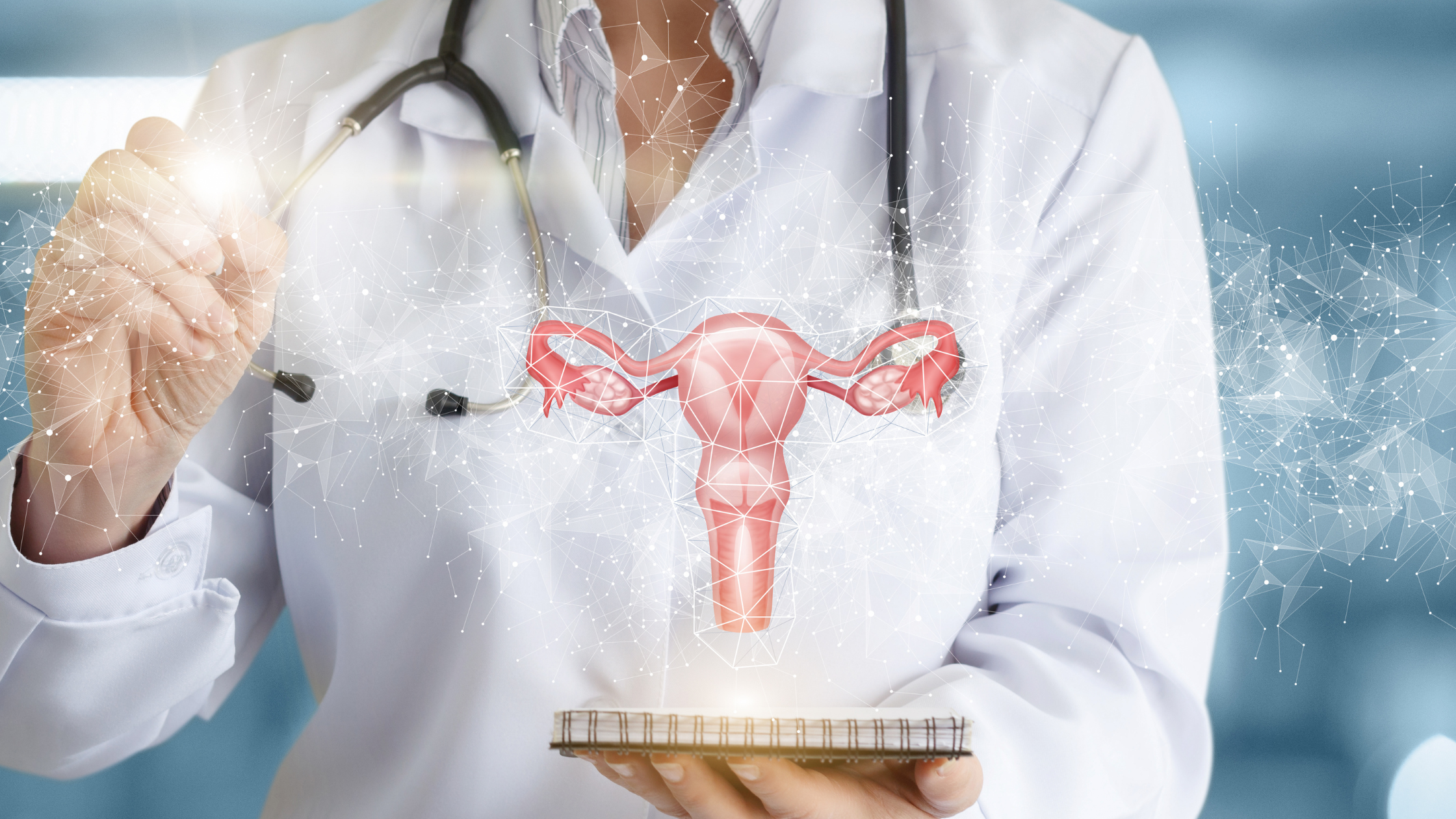First Baby Born After Womb Transplant in the UK
In a groundbreaking moment for reproductive science and fertility advocacy, the first baby born following a womb transplant in the UK has arrived. This historic event marks a milestone not just in medicine, but in hope—for women who are unable to conceive due to the absence of a viable womb.
First Baby Born After Womb Transplant in the UK
Grace Davidson, 36, from southern England, was born with Mayer-Rokitansky-Küster-Hauser (MRKH) syndrome—a condition that results in the absence or underdevelopment of the uterus. This made pregnancy impossible until early 2023, when she became the first woman in the UK to receive a womb transplant, donated by her sister Amy as part of the Womb Transplant UK living donor programme.
The pioneering surgery took place at the Oxford Transplant Centre, part of OUH's Churchill Hospital. The complex procedure was co-led by Miss Isabel Quiroga and Professor Richard Smith, founder and chair of the charity Womb Transplant UK.
"The birth of the first UK baby following a womb transplant is a remarkable milestone in reproductive medicine," said Dr Ippokratis Sarris.
In Grace’s case, IVF was performed before the transplant surgery, and her pregnancy began after careful medical planning and monitoring. Following recovery, Grace underwent an IVF transfer at Lister Fertility Clinic (HCA UK) in London. The embryo transfer was successful, and Grace carried the pregnancy under close supervision at Churchill Hospital and Queen Charlotte's and Chelsea Hospital in London—where she gave birth by caesarean section in February 2025.
Grace and her partner Angus named their daughter Amy Isabel, in tribute to Grace’s sister and to Miss Quiroga, the surgeon who helped make the transplant possible. Both mother and baby are doing well.
What is Mayer-Rokitansky-Küster-Hauser (MRKH)
Mayer-Rokitansky-Küster-Hauser (MRKH) syndrome is a rare congenital disorder affecting 1 in 5,000 women, where the uterus and upper part of the vagina are underdeveloped or absent, despite having normally functioning ovaries and external genitalia. Most individuals with MRKH discover the condition in adolescence when menstruation doesn’t begin.
MRKH means pregnancy is not possible without medical intervention, such as surrogacy or womb transplantation. Until recently, the idea of someone with MRKH carrying their own child was considered medically impossible. Now, with the advent of uterus transplantation and IVF, that reality is beginning to change.
For Grace Davidson and others with MRKH, womb transplant offers a long-awaited path to biological motherhood—and a shift in what’s possible for reproductive care.
A Global Milestone
To date, over 100 womb transplants have taken place around the world, resulting in more than 50 healthy births, since the first such birth in Sweden in 2013.
The transplant and care were made possible by Womb Transplant UK, a registered charity that funds and coordinates both living and deceased donor womb transplant programmes. The charity currently funds:
A live donor programme for five transplants
A Health Research Authority–approved deceased donor programme with ten planned transplants
Professor Richard Smith noted: “This is the culmination of over 25 years of research, with huge contributions from so many talented people, hospitals and organisations.”
Why It Matters
This isn’t just a medical breakthrough—it’s a powerful moment of possibility. This birth represents hope for many. It also reflects the power of science and innovation to change lives.
As Dr. Ippokratis Sarris of King’s Fertility shared: “While this complex procedure will only be suitable for a small number of women, it marks an extraordinary advance in science and care.”
At The IVF Warrior, we believe every family-building milestone deserves to be recognized—not just for what it represents medically, but emotionally. Grace’s story is one of resilience and what can happen when barriers are broken and support systems rise.
Medical Disclaimer: The information provided in this blog is intended for general informational purposes only and should not be considered as a substitute for professional medical advice, diagnosis, or treatment. Always seek the advice of your healthcare provider or qualified medical professional with any questions you may have regarding a medical condition. Never disregard professional medical advice or delay in seeking it because of something you have read in this blog.

